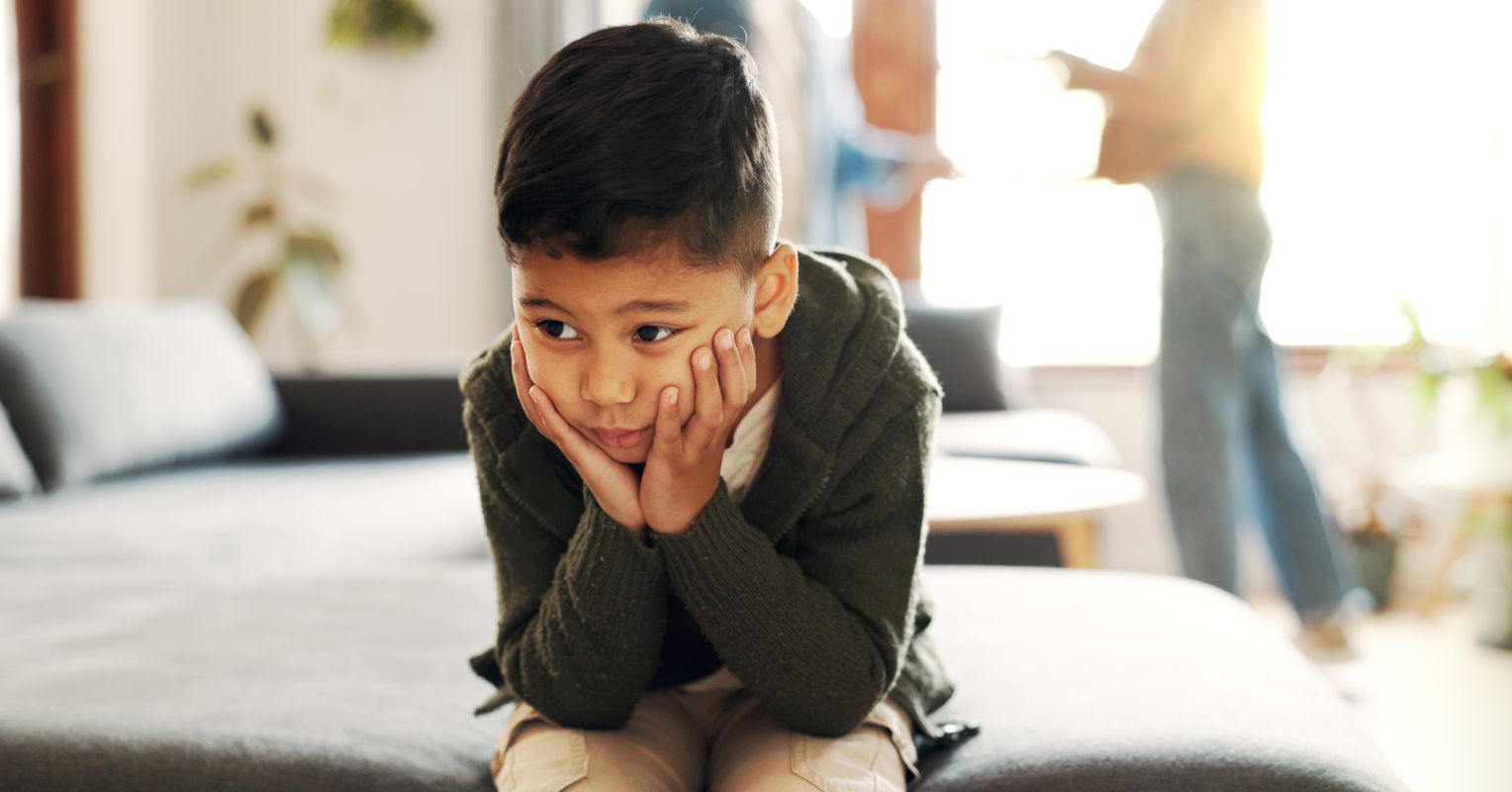
"Emotional validation happens when your parents see what you are feeling, acknowledge your feelings, and seem to understand why you are having them. Just like adults, children's feelings are the deepest, most personal, biological expression of who they are. In order to feel seen, understood, and heard, a child must feel that their feelings are seen, understood, and heard. What happens when you feel seen, understood, and heard as a child?"
"Do you know that children have physical needs? Of course you do! Virtually all parents, and all people, for that matter, understand that children must be fed, clothed, kept warm and sheltered, rested, and exercised. Kids need to have all of these needs met in order to physically survive and thrive. Most people also realize that children have emotional needs. Children need to be loved. But children's emotional needs actually go far beyond that."
"Unfortunately, the opposite is also true. If your parents didn't have the emotional awareness or emotional skills to see and accept what you were feeling, they may have, perhaps from no fault of their own, failed to validate you. As a result, you may have grown up to feel unseen, misunderstood, and unheard. You may feel less valid than everyone else. I call this childhood emotional neglect."
Children require physical needs such as food, clothing, shelter, rest, and exercise to survive and thrive. Children also require emotional needs that extend beyond love. Emotional validation occurs when caregivers see a child's feelings, acknowledge them, and understand why the child feels that way. Validated feelings help children feel seen, heard, understood, knowable, and valid. When caregivers lack emotional awareness or skills to validate feelings, children can grow up feeling unseen, misunderstood, unheard, and less valid. That experience is childhood emotional neglect. Emotional invalidation can be subtle or actively harmful, and self-validation can be learned to rebuild self-trust.
Read at Psychology Today
Unable to calculate read time
Collection
[
|
...
]